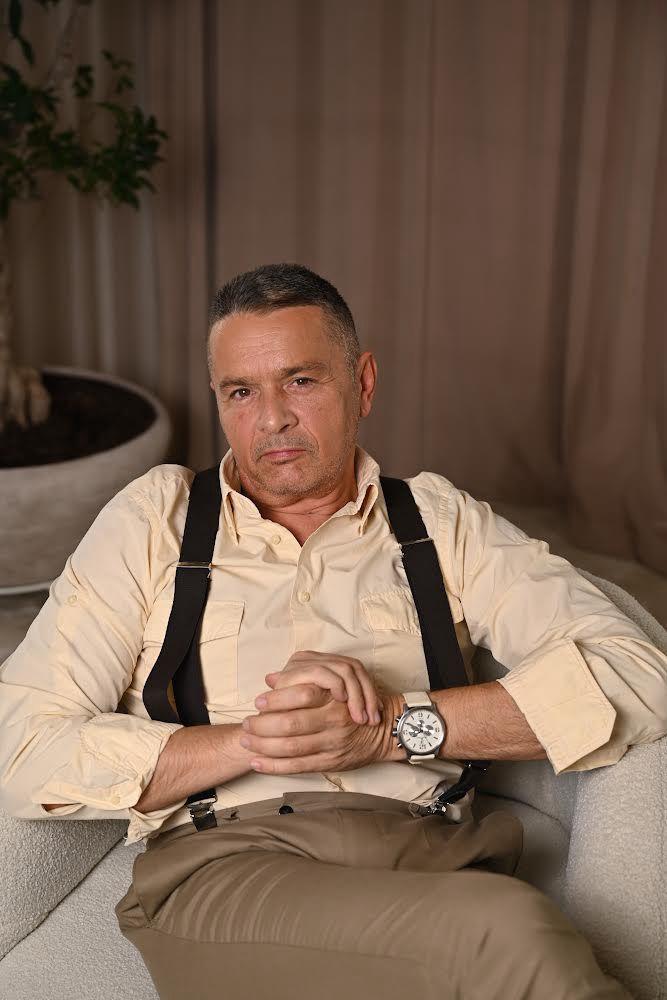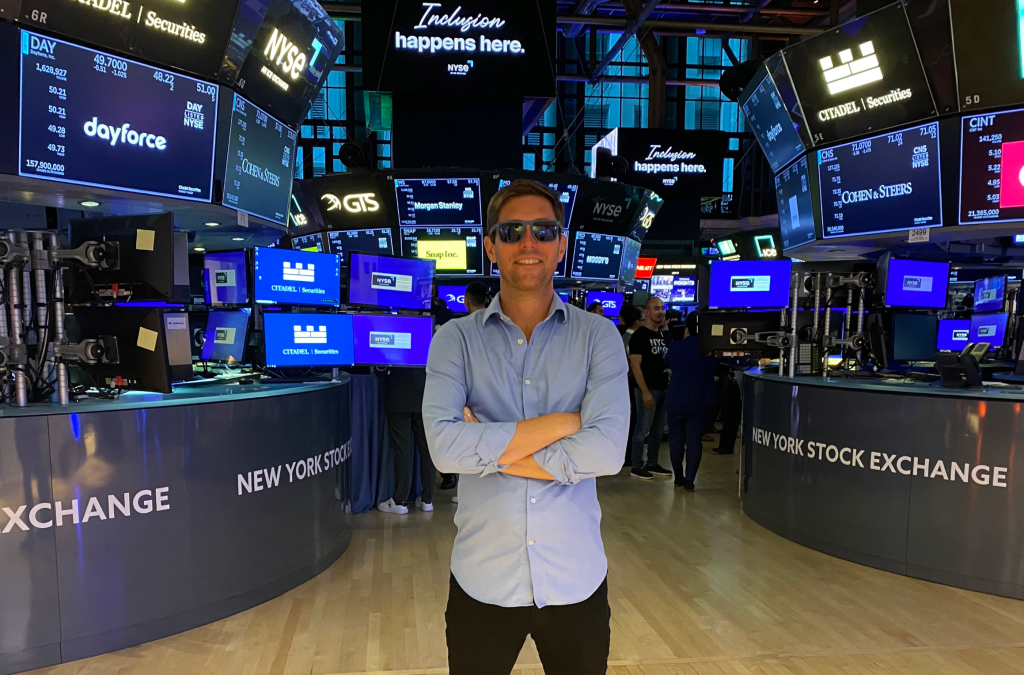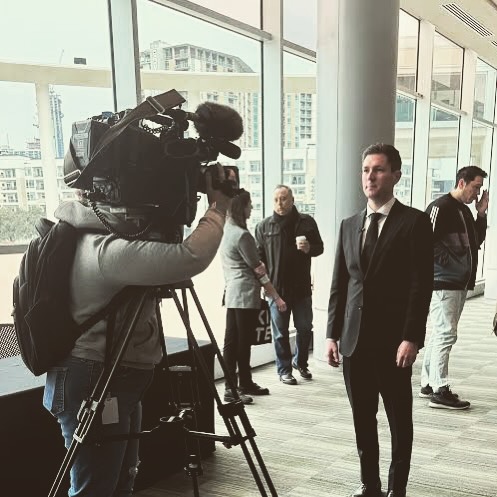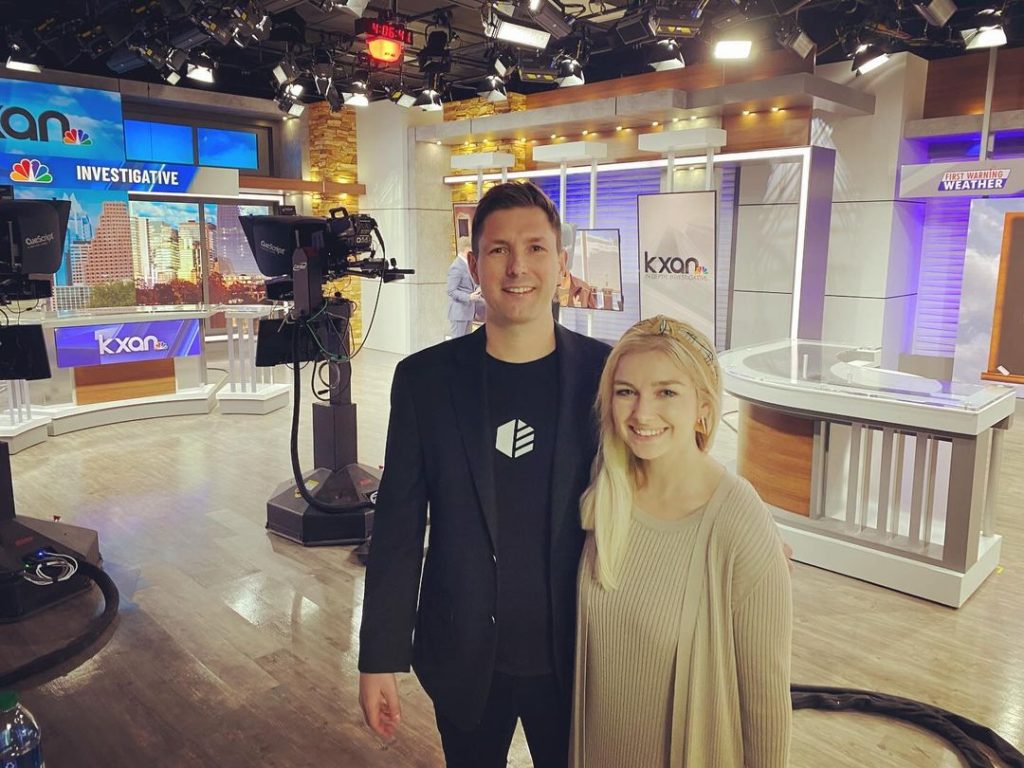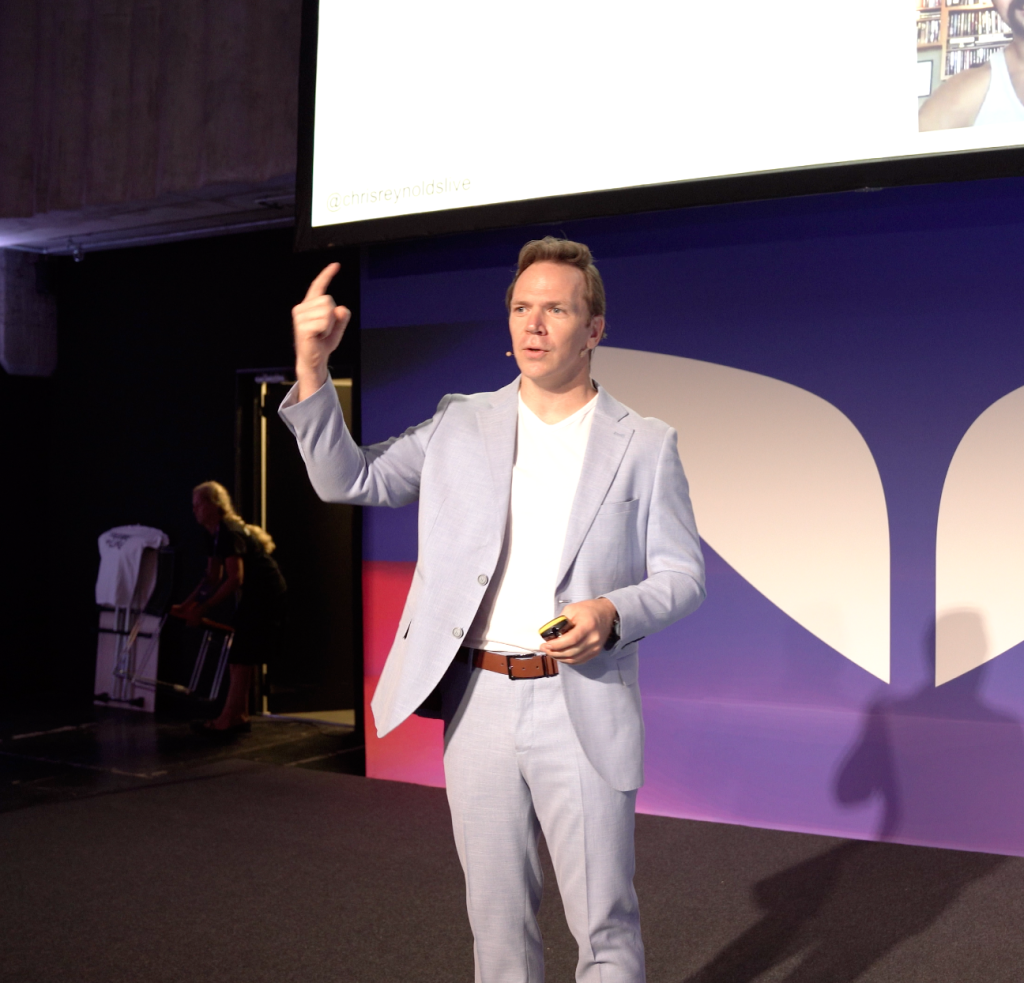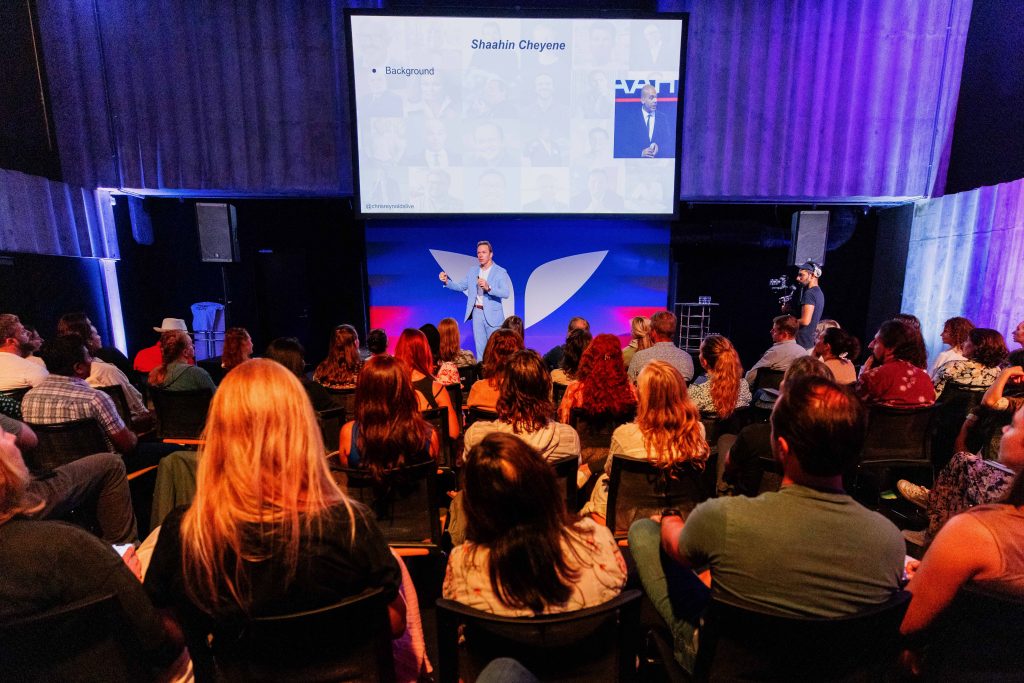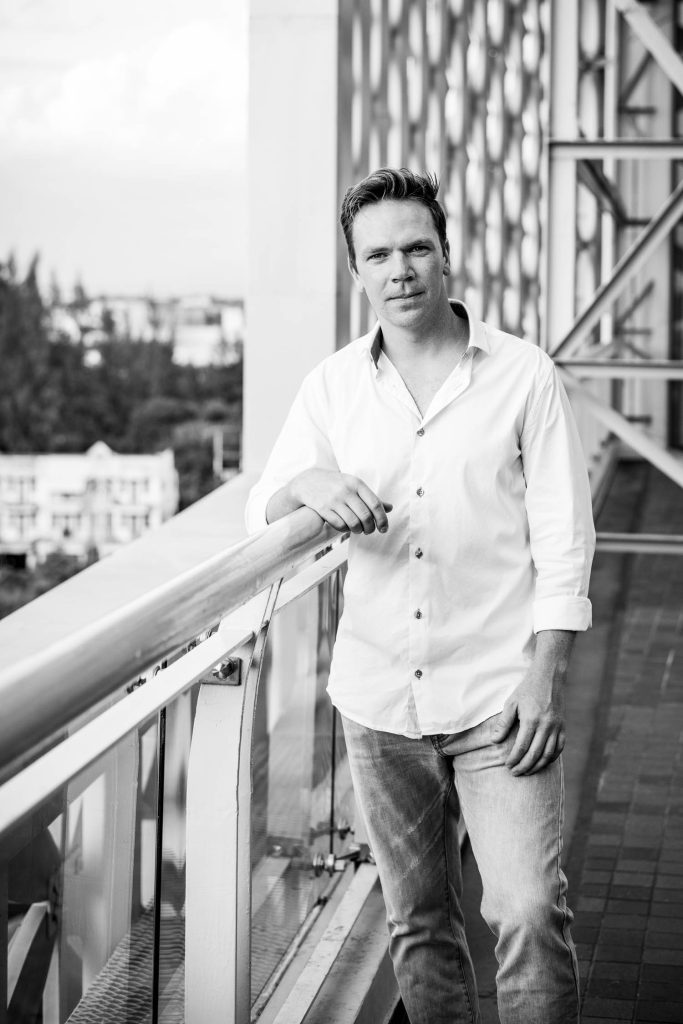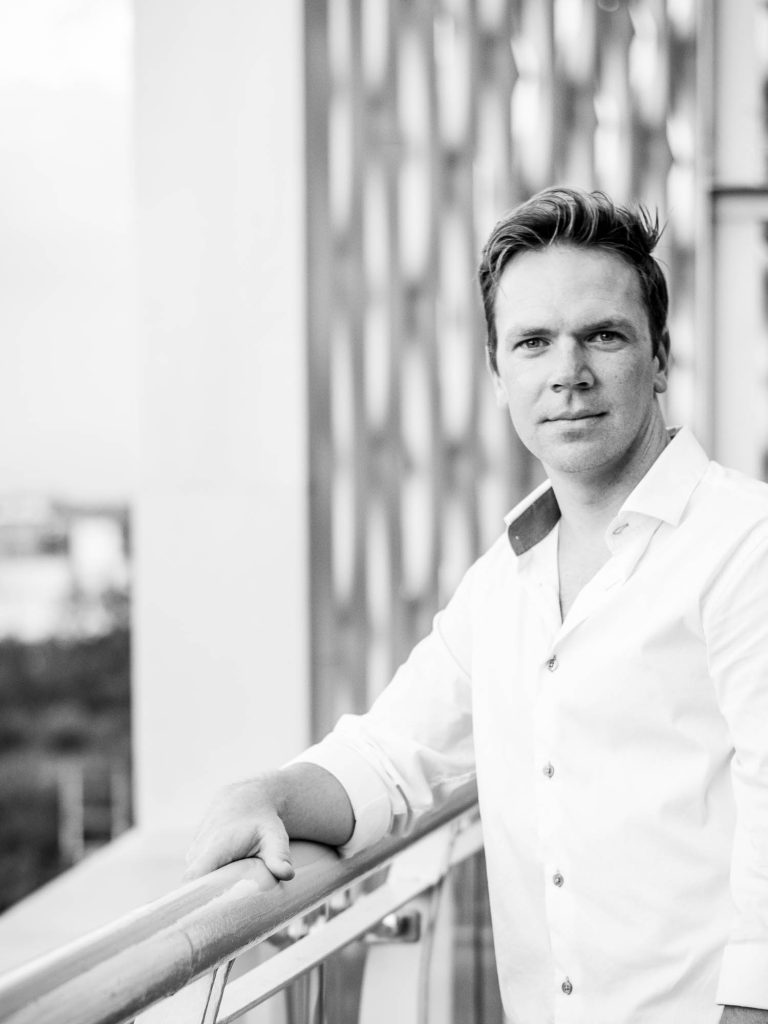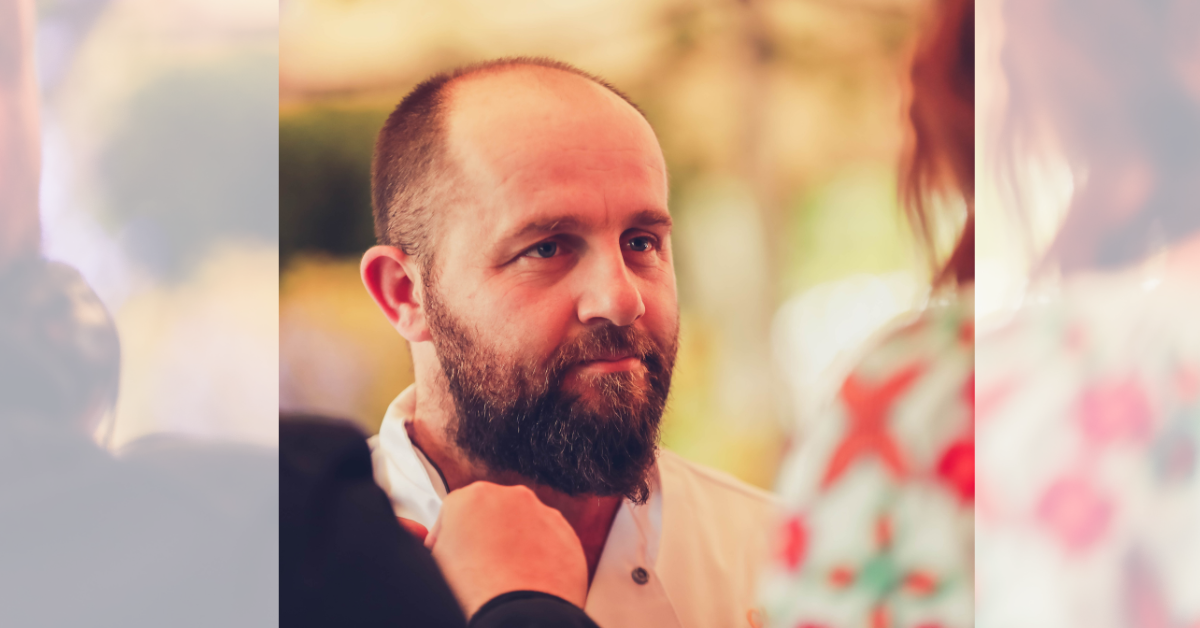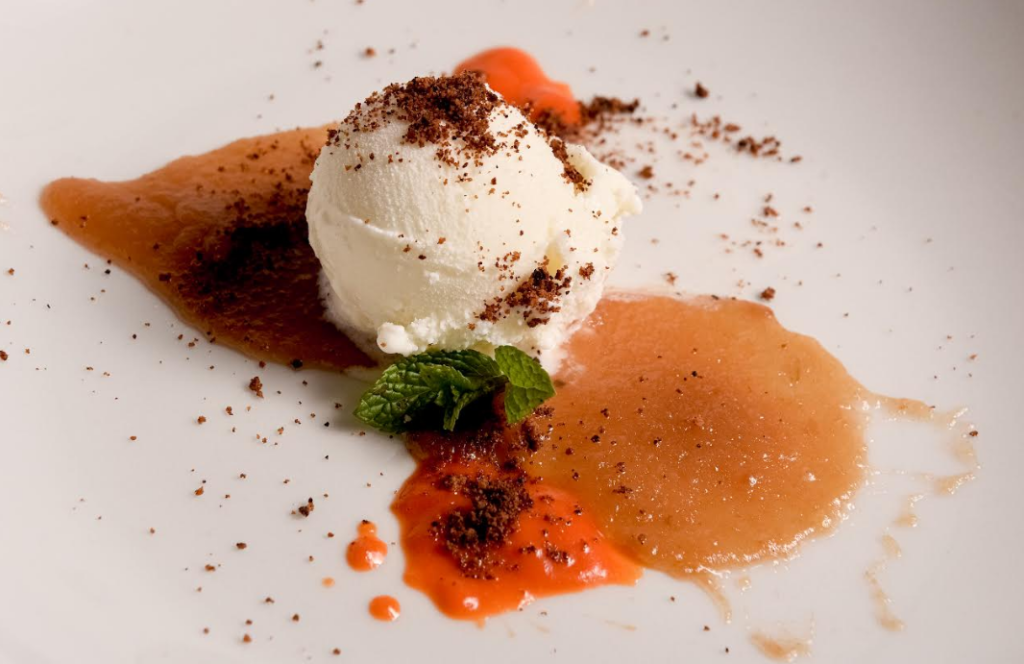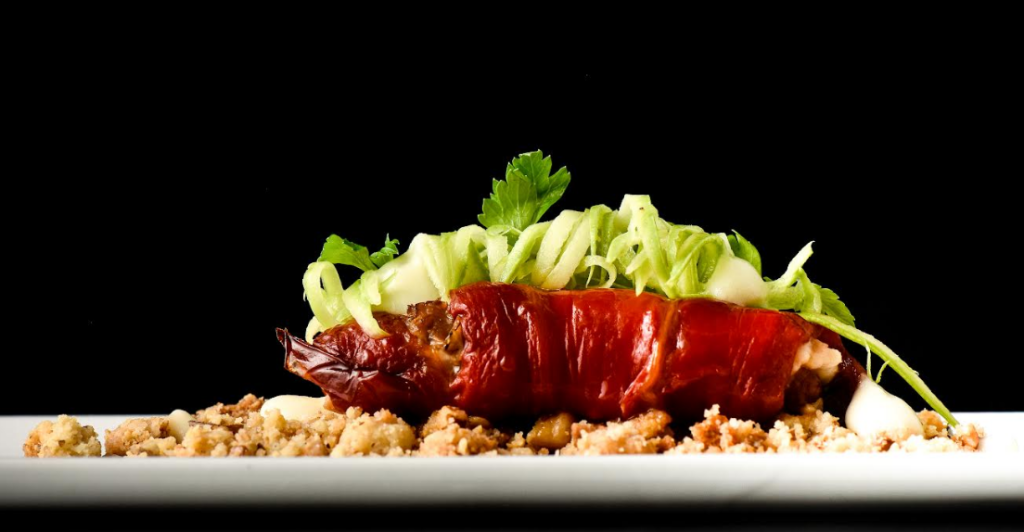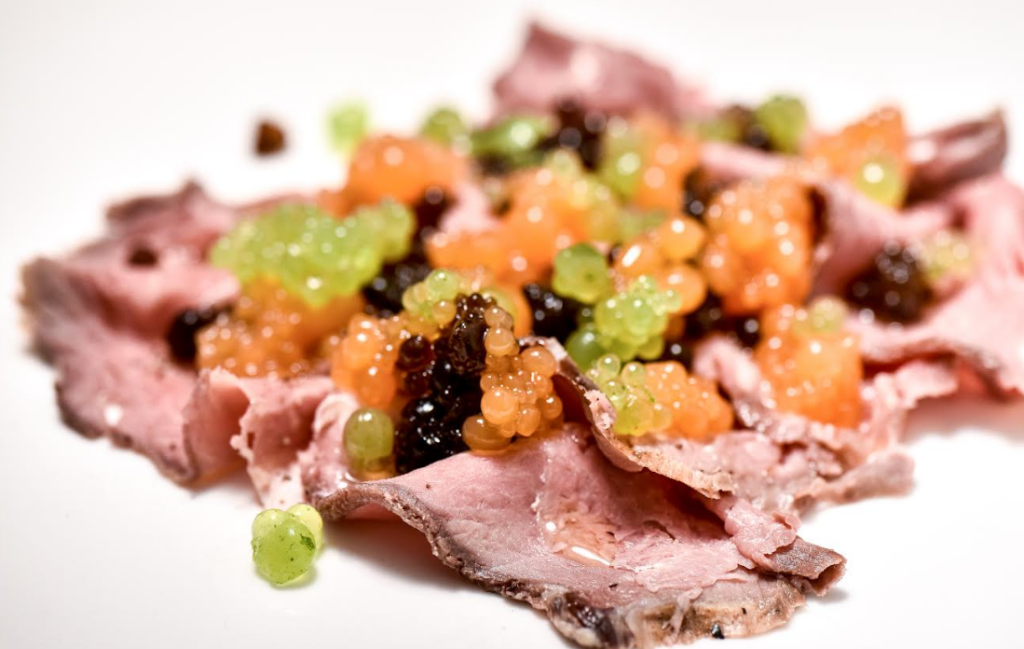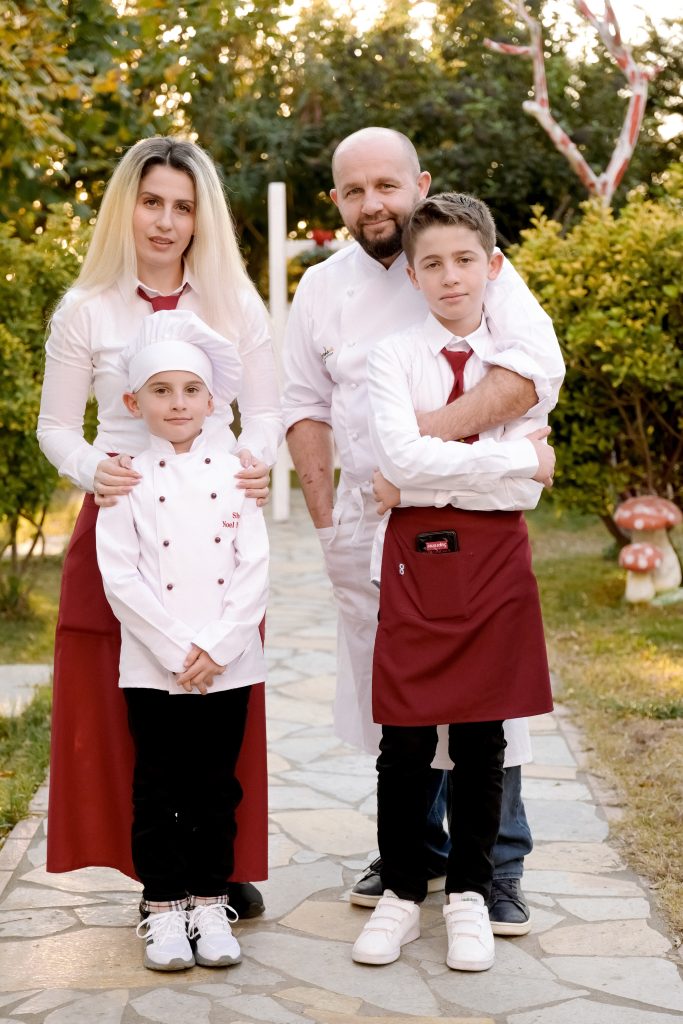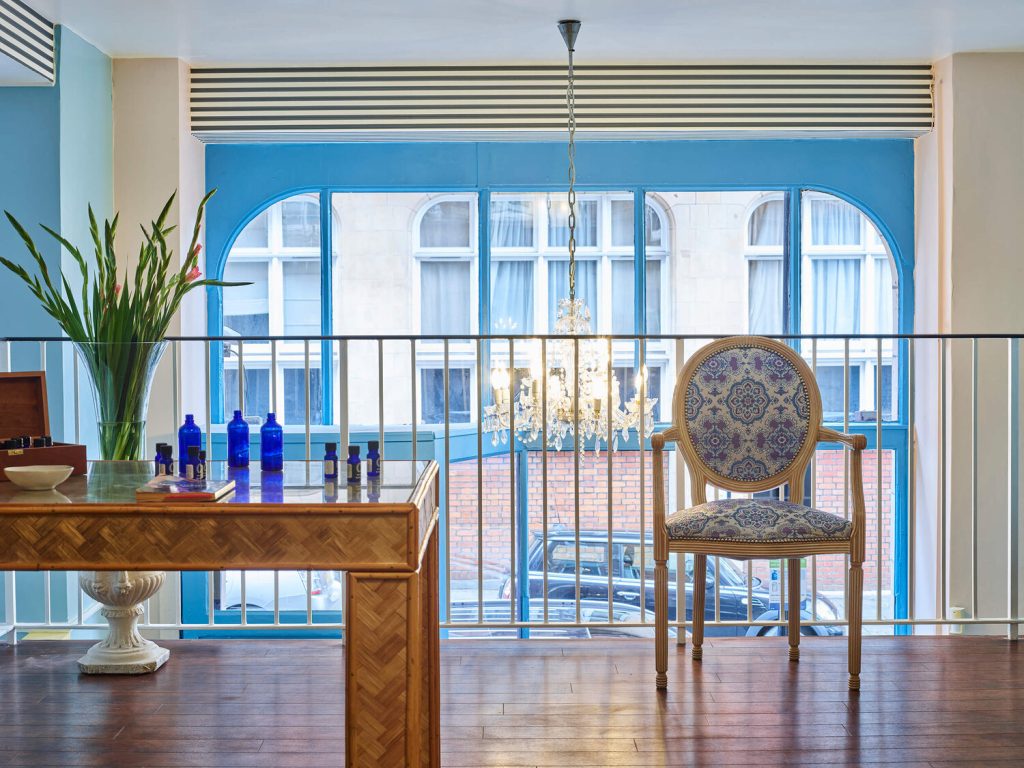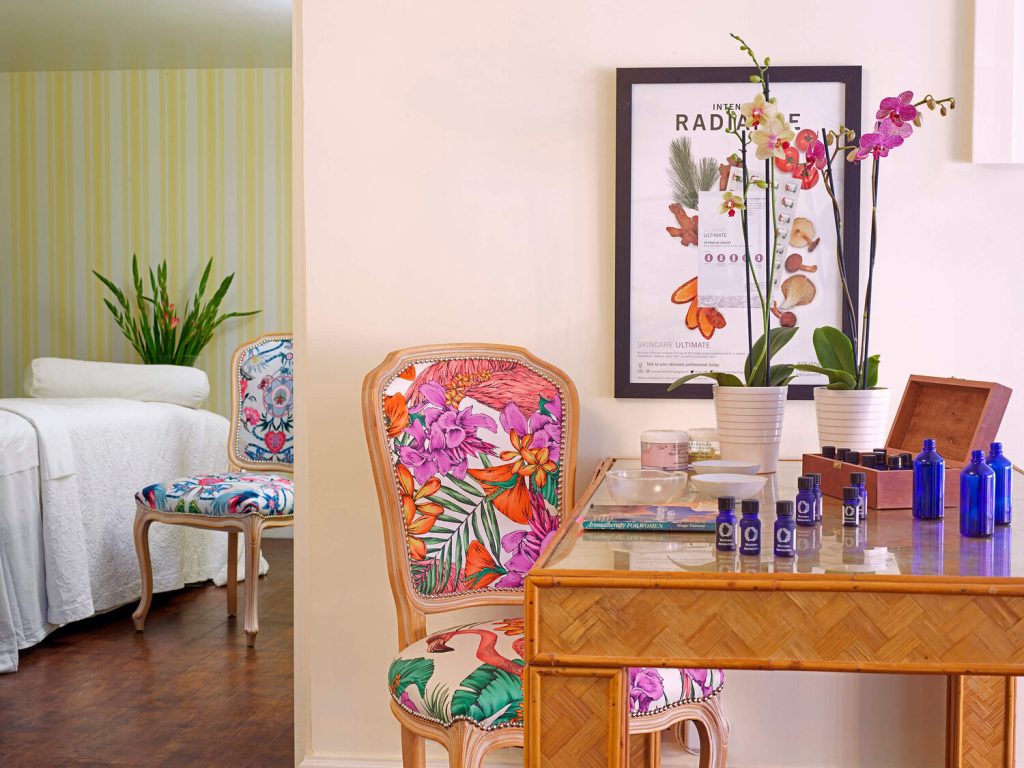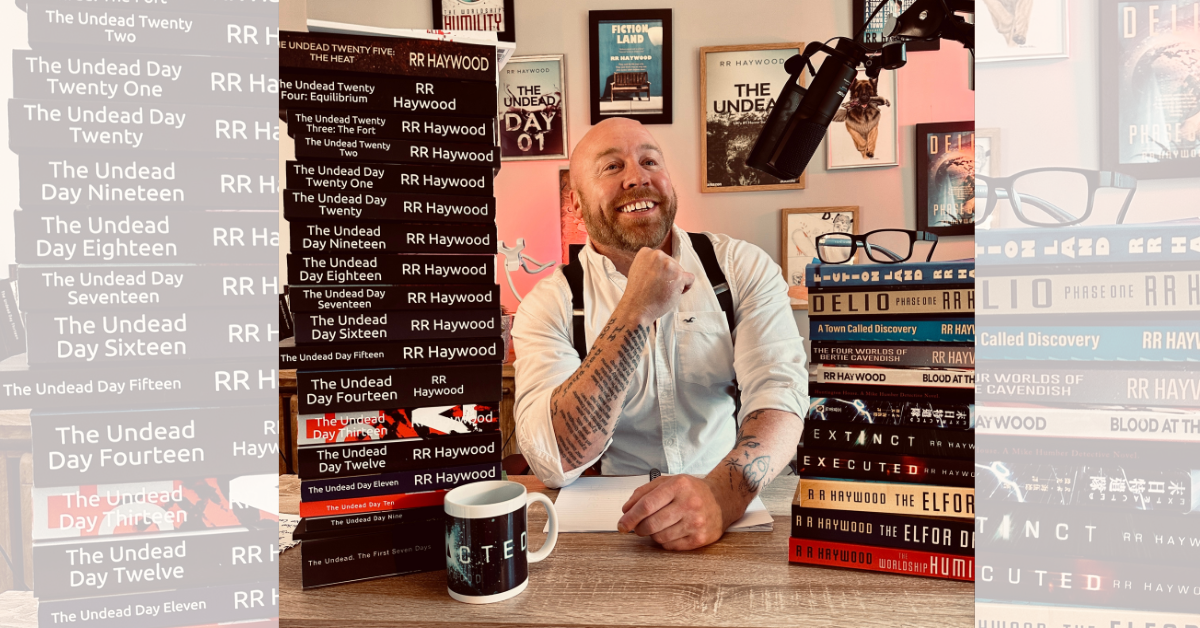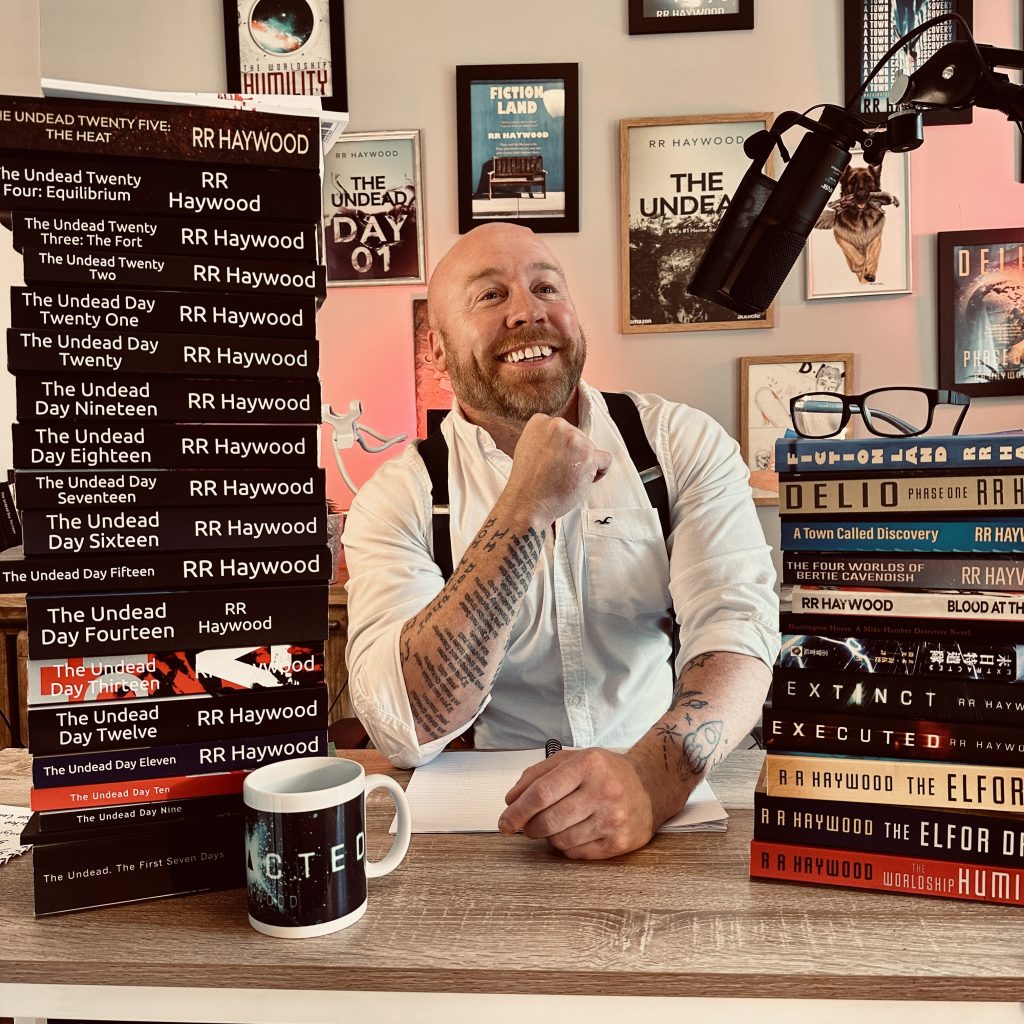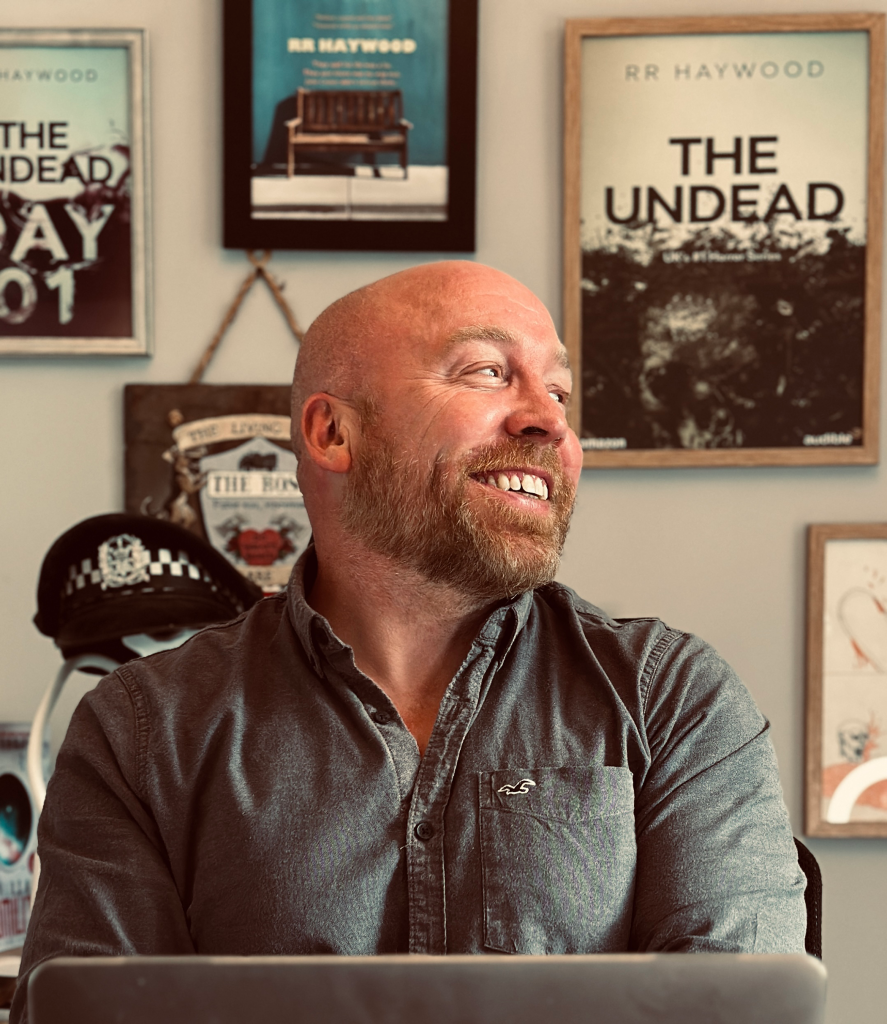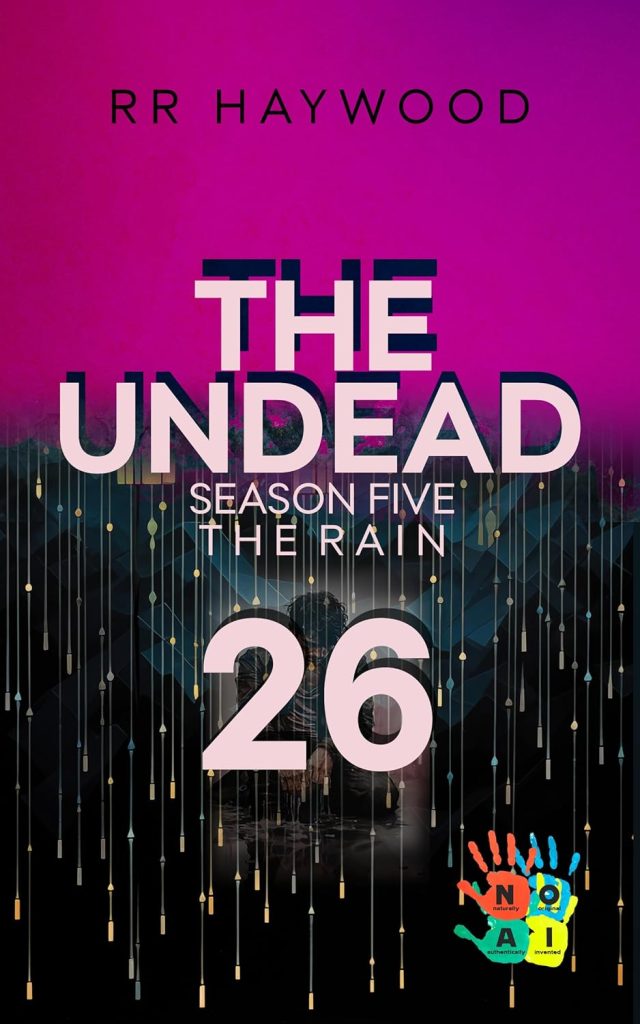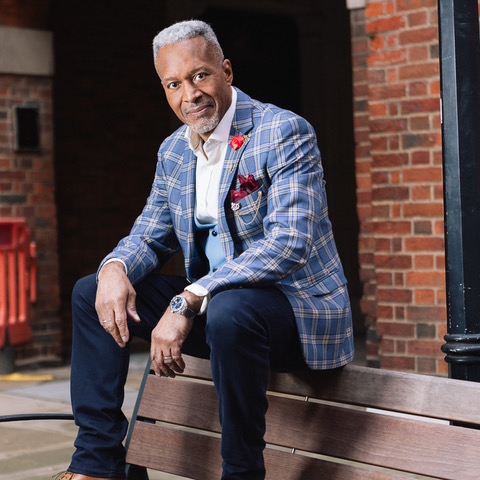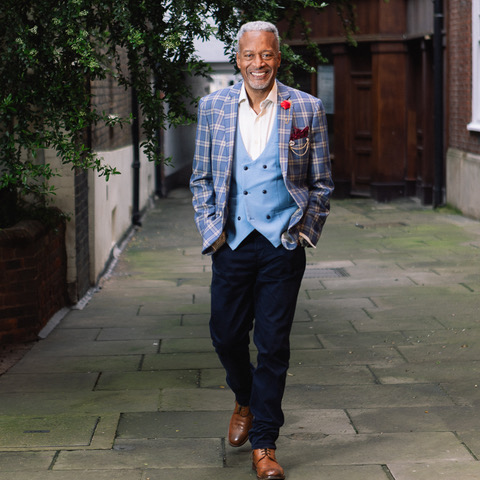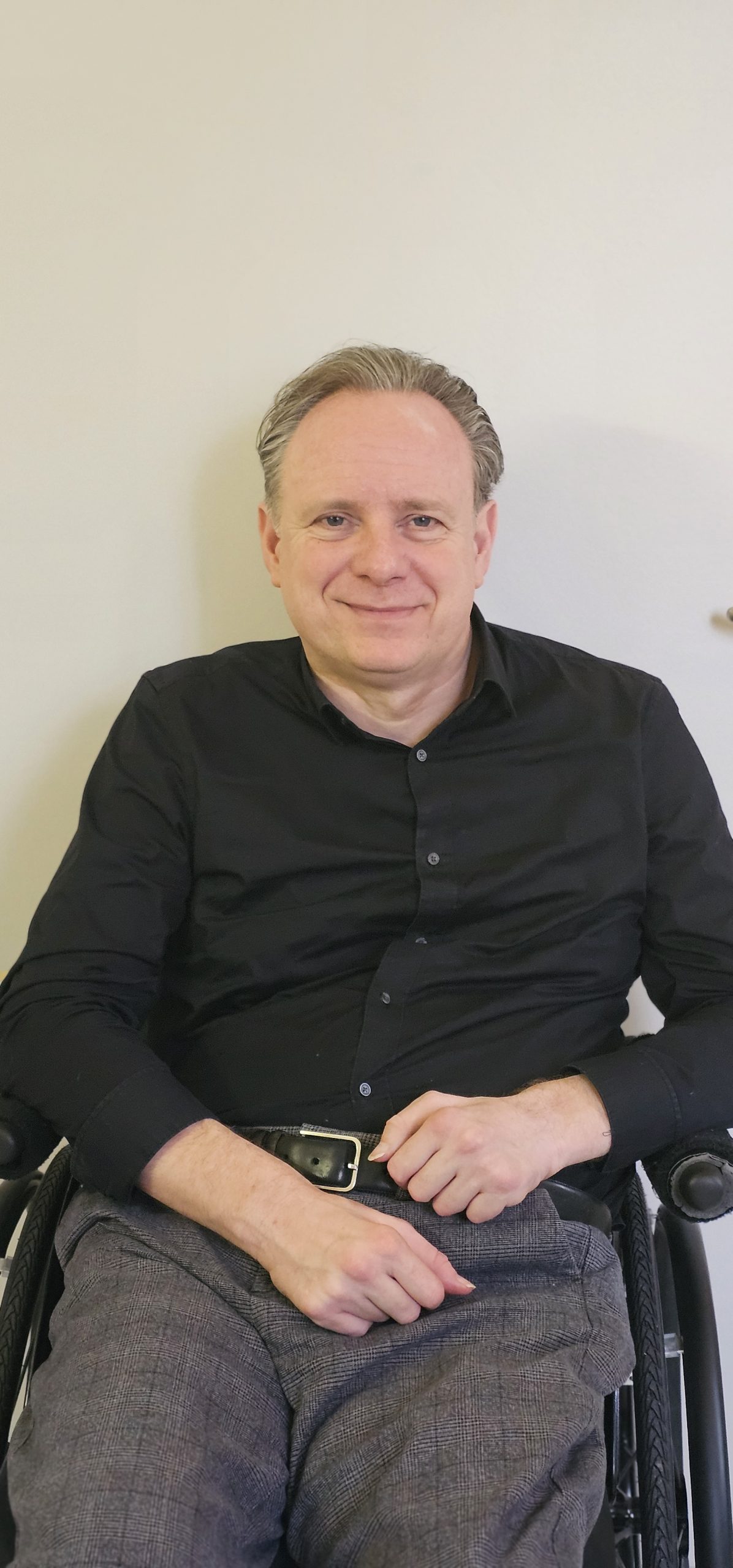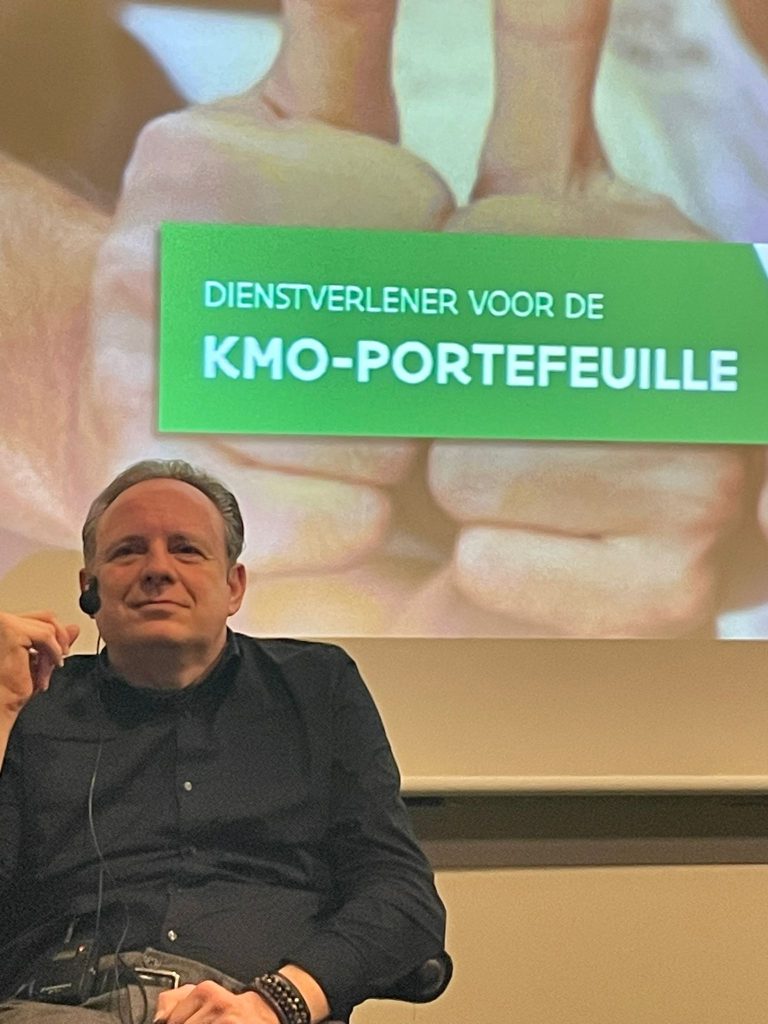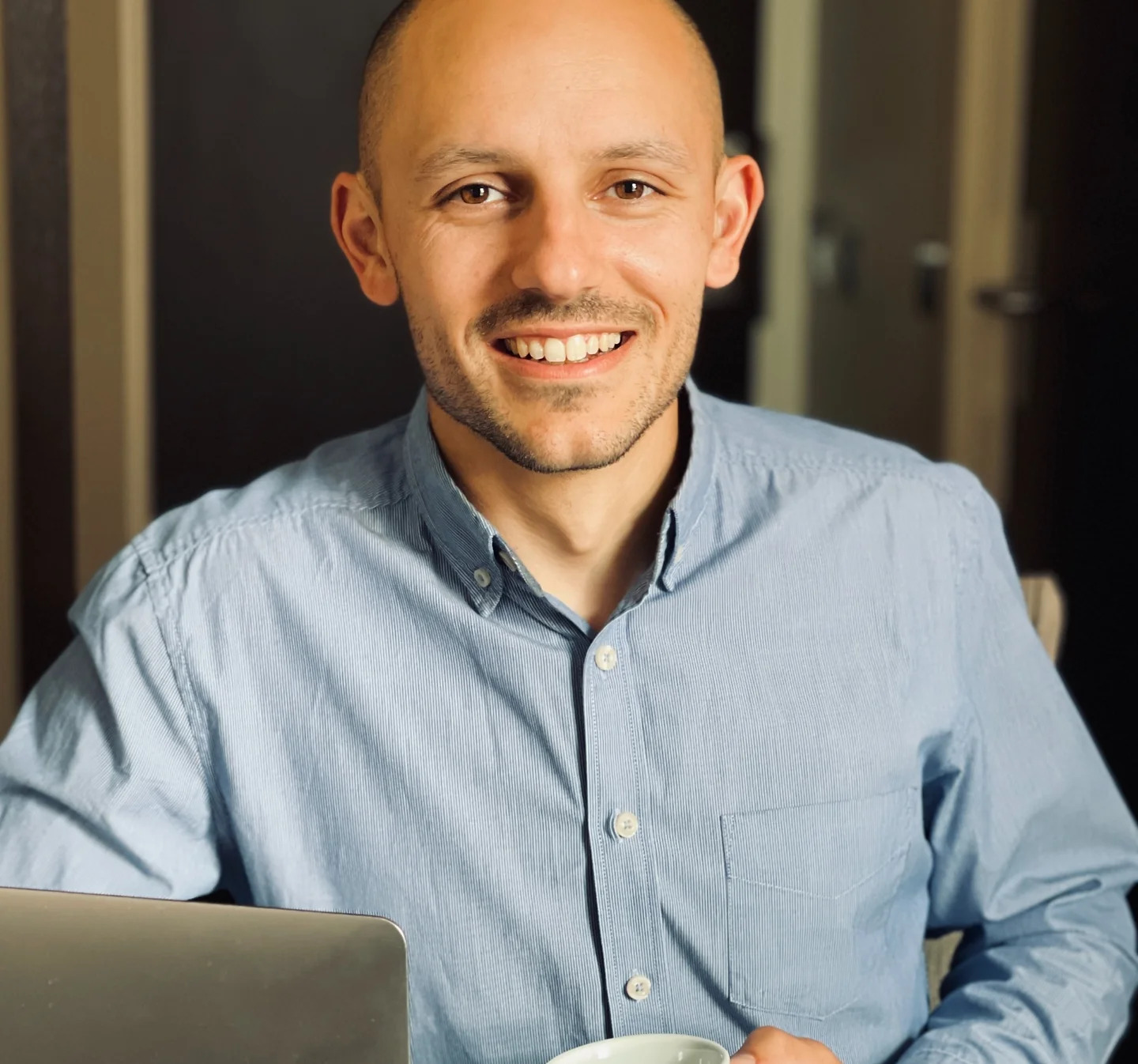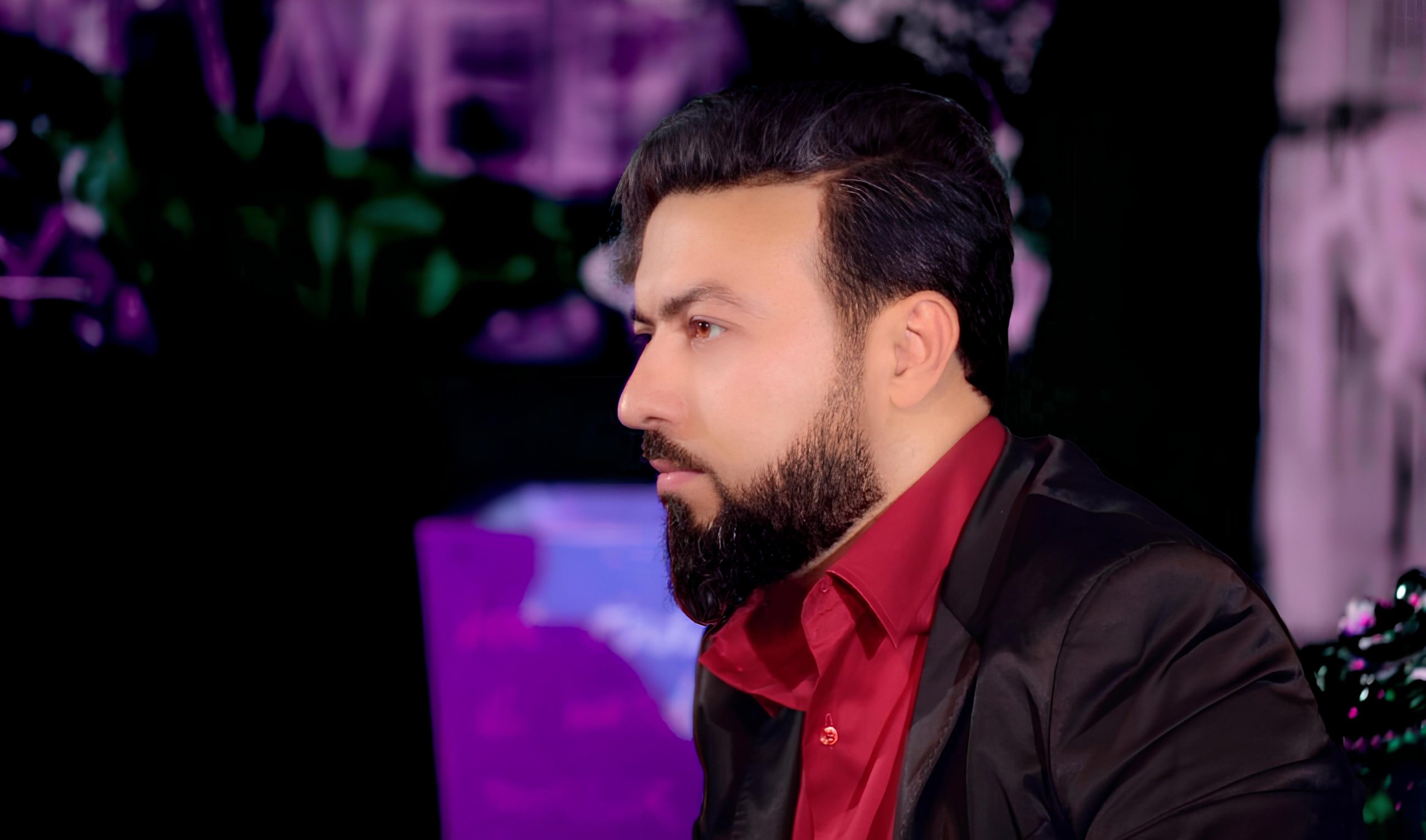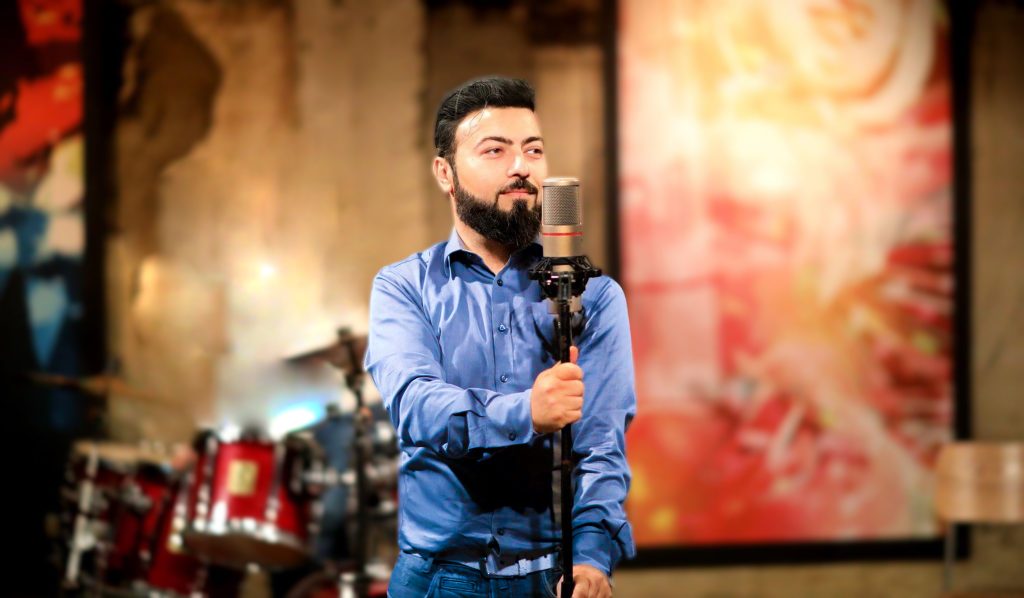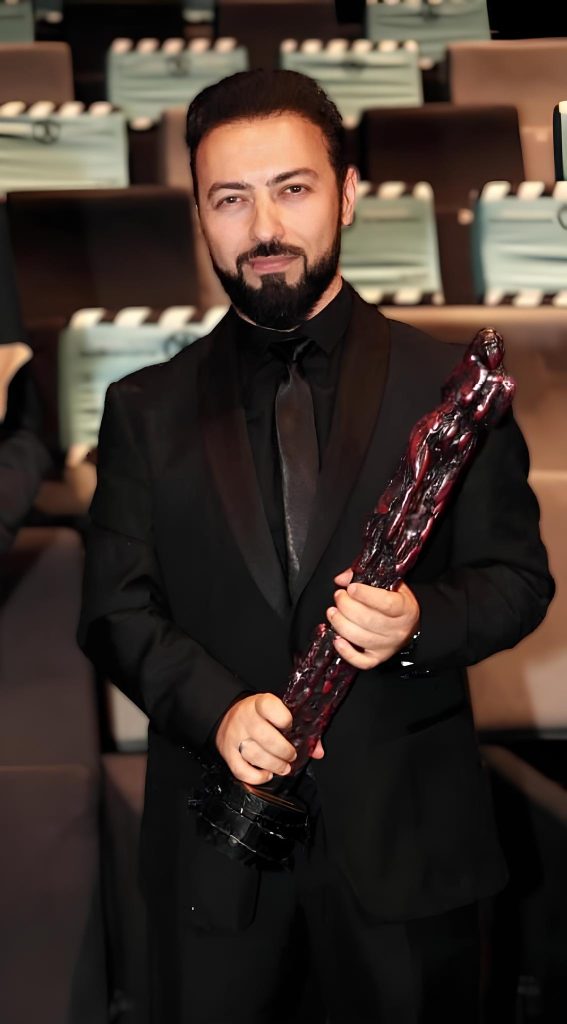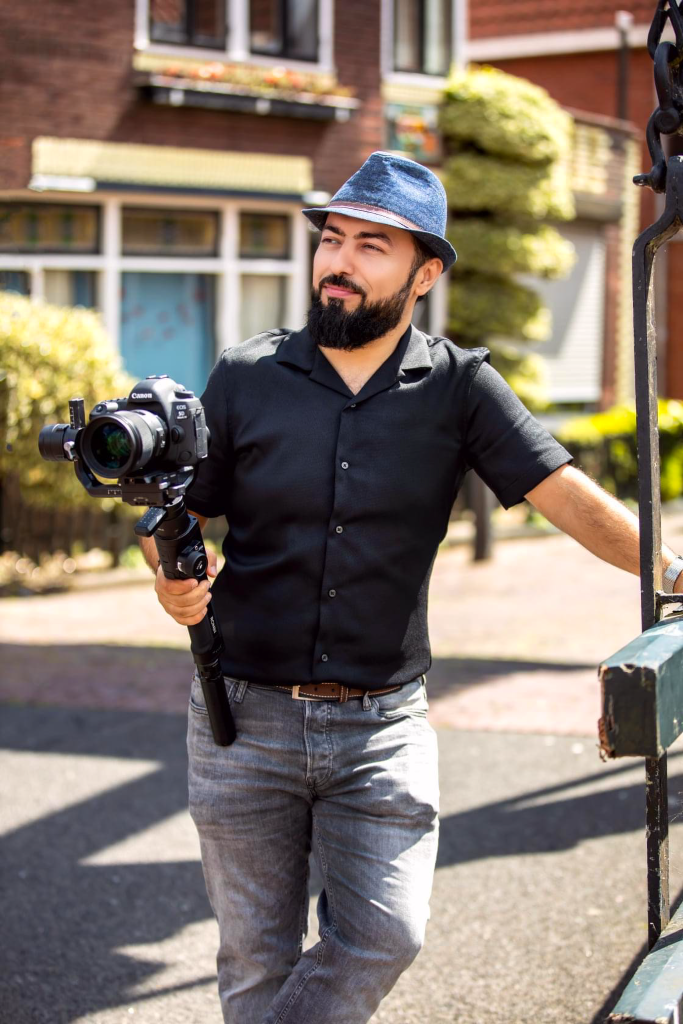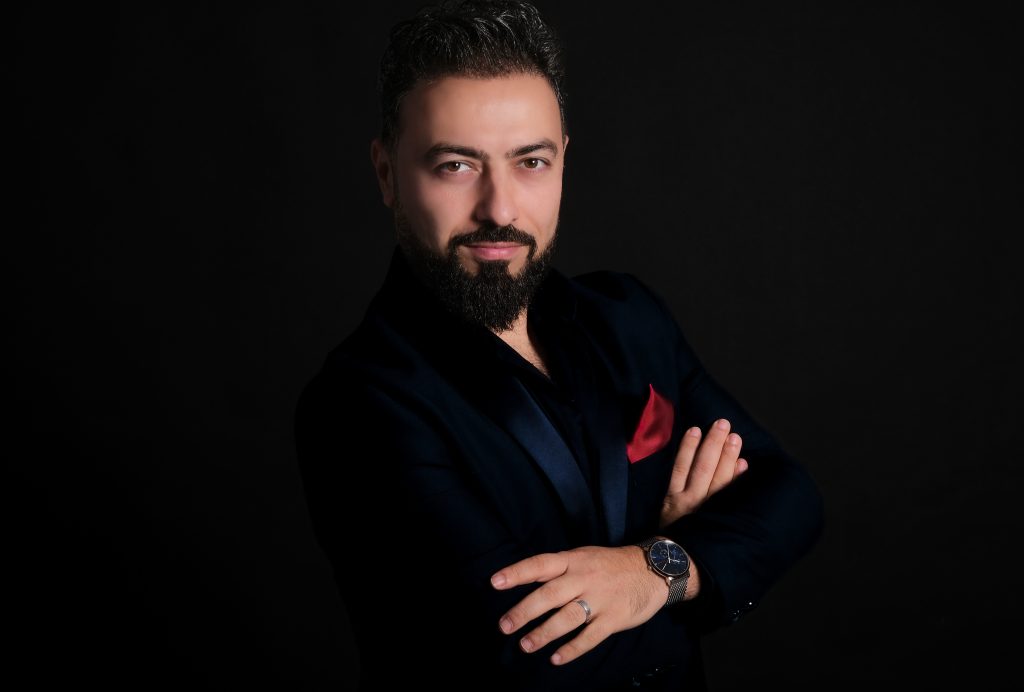Gazmend Abrashi is a well-known entrepreneur in Kosovo, with a career spanning over 30 years, leading several successful businesses in various activities in Kosovo, Albania, and Bosnia and Herzegovina. Exclusive Group is the group of companies he has established and led over the years, engaging in distribution, wholesale and retail trade, manufacturing, and recently, investing in the entrepreneurial residential complex in Gjilan, Monopol City. A highly energetic personality, a qualified economist who, for a time, challenged himself even in politics, serving as a member of the Kosovo Parliament and Coordinator of Kosovo in the Regional Cooperation Council of Western Balkan countries. He also serves as the Honorary Consul of Montenegro in Kosovo. He is well-regarded as an expert in macroeconomic development, offering necessary solutions for Kosovo’s economic development.
As a politician, a businessman, a teacher—how do all these roles align and merge within you?
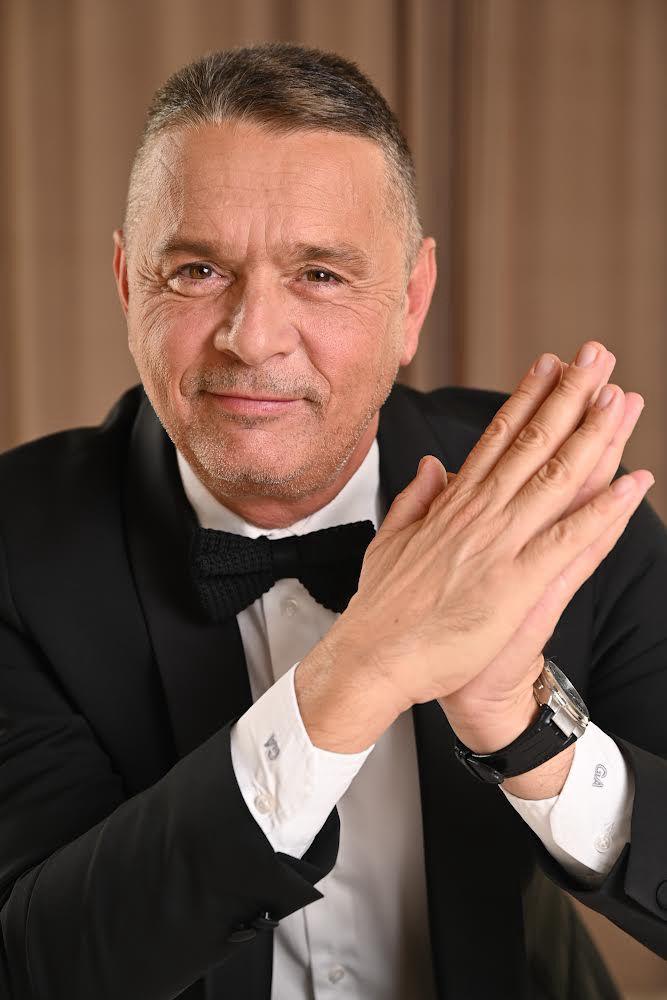
For many years, my profile has been shaped around entrepreneurship. As a young person, I found myself in the business sphere, working initially as a sales agent and establishing my first business in 1989. My engagement in politics came as a call to contribute, particularly in the economic development sphere. It was a challenging and fascinating experience, demanding a lot of dedication. Being a member of parliament, despite the differing public perception, I can tell you it’s a full-time job and even beyond that for those aiming to work and contribute to the advancement of society beyond the Parliament’s halls. I performed this role with the utmost dedication. I don’t see myself as a politician. I’m an entrepreneur willing to put my knowledge and experience at the service of the country when needed and required.
What do you consider the pinnacle in your life, career, and personal journey?
Principally, one must engage and work towards their goals. The pinnacle moments differ based on the priorities at the time. I was raised in a family where education was a priority, and certainly, the attainment of education was an achievement. The successful start and development of my business have also been an achievement, which challenges me even today. Becoming a father was another pivotal moment for me, and it continues with the unique moments of witnessing my children’s growth and accomplishments. Every beautiful moment shared with family and colleagues creates pivotal points, which, together with the lesser ones, shape life’s reality.
Is it relatively more challenging to do politics or business in Kosovo?
Kosovo emerged from war, facing and continuing to face numerous difficulties. Surviving Milosevic’s apartheid and experiencing and enduring the challenges of building a new state has not been easy for any Kosovo citizen. Difficulties have been everywhere, and there are still challenges that need to be overcome. Each profession has its difficulties; doing politics and doing business are not comparable. These two professions are significantly different; their approaches, challenges, and responsibilities create the distinction.
For an entrepreneur who seems to only know success, how has this career been for you?
A lot of work, courage, and determination to achieve the set goals before oneself, and certainly, a select team of colleagues who, together, aim to achieve our aspirations. Looking back, I realize I never stopped, even when facing seemingly insurmountable difficulties. I’ve had the will and motivated my team to overcome obstacles. A career spanning over 30 years filled with a lot of work, professional and personal challenges, and satisfaction.
What do you consider your greatest pride in entrepreneurship?
My people, my colleagues with whom I’ve worked for years, some of whom are now retiring. I believe the strength of the company lies in the team—the staff that takes responsibility to achieve our set goals and believes in the leader’s vision. Today, Exclusive Group has around 600 employees, and they are the main asset making the company successful, something that makes me proud.
It seems you’ve experienced various dimensions of success. Is there still something you haven’t tasted as success?
I don’t grapple with the concept of success; what challenges me is the work and dedication to reach the set target, the defined goal. Success is never absent when you have the right commitment and necessary work towards the set goal. I consider a beautiful day spent with my children in Ulcinj a success because we all dedicated ourselves to gathering and spending time together. Success is a spiritual emotion, not material.
As a fulfilled person, do you have advice for young people who often desire to leave the country?
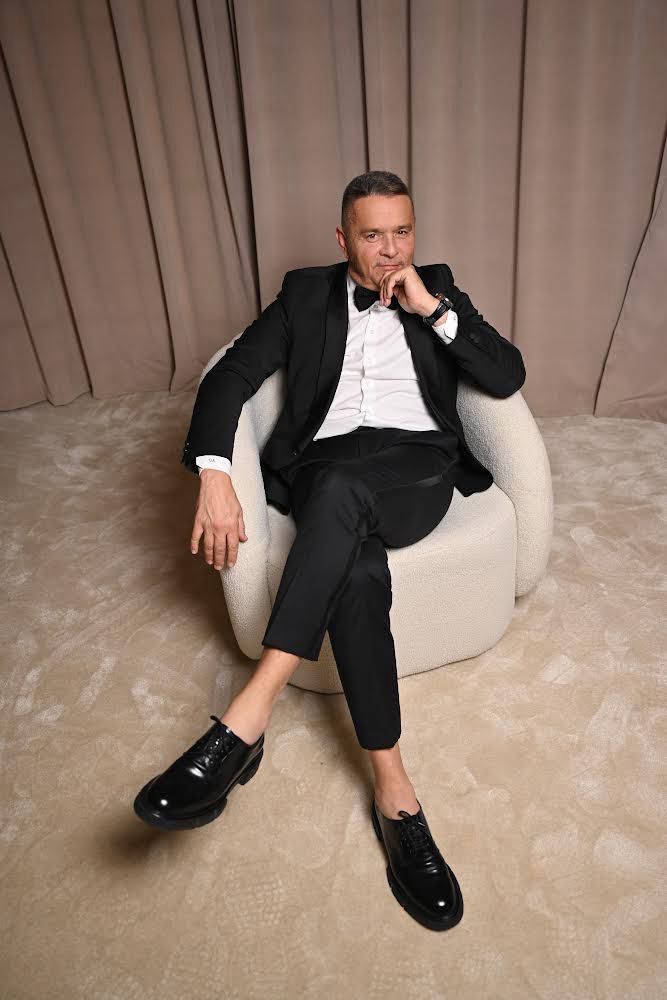
Follow your dreams, and seek opportunities to realize these dreams, but be aware that no one else will fulfil your dreams for you. Each goal you set for yourself must be achieved with a lot of work and dedication, knowing clearly where your destination lies. Even choosing to leave the country requires significant commitment to learn the language, have a profession, and have the determination to adapt to new circumstances without the comfort you have in your own country. I strongly believe Kosovo is a land of opportunities. Let’s hope we overcome these political difficulties and focus on the economic development of the country to ensure a land of opportunities for the younger generations, enabling them to see possibilities and a future in our country. The entrepreneurial spirit of our citizens is admirable, and with fewer opportunities, they will find their place in our economy. It remains a leadership obligation to create a favourable economic environment for this entrepreneurial spirit to flourish in the right direction.
Gazmend and family – what is your role within the family, and how involved are you at home? Are you one of those heads of the family where work ends when you arrive home, or do you continue work at home?
Despite numerous obligations at work, I try to be as close to my family as possible. I have three children: Astrit, 27 years old, Art, 21 years old, and my daughter Arba, 15 years old. I strive to be close to them, understand their world, and support them on their journey. All three have their obligations and concerns, but they know they can always count on their father. If the question pertains to whether there are “men’s work” and “women’s work,” and whether I have hesitations or prejudices? No. I was raised by my mother, Bahtije, a woman dedicated to societal emancipation, along with my sister Linda, who has been by my side throughout life, in a family where the organization of work and management of family obligations were evenly distributed among all. Only by doing so could we be successful.
Do you have a motto, a character, or a story that identifies you?
The role model in my life is my father, Aziz Abrashi, one of Kosovo’s most distinguished economists, a man with high human virtues who, at the most crucial times for Kosovo, led the Trepça Complex, which at that time employed over 20,000 people. Next year will mark ten years since my father passed away. He still enjoys the memories and respect of those who knew him for his dedication to work, professionalism, contribution, and his vision for Kosovo’s economic development. He continues to be my role model to this day. As for my motto, it stands at the entrance of the company alongside the management mottos: “There are no impregnable fortresses, only weak generals.”
